Publications
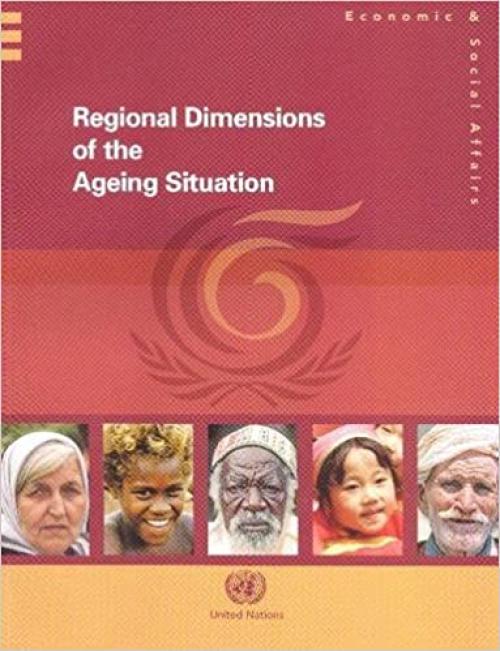
This Publication contributes to the series of events, conferences and publications related to the first review and appraisal of the Madrid International Plan of Action on Ageing. It highlights priorities, as well as recent trends and policy developments, in the five UN regions of the world.
The publication, which is a joint effort of UN staff and international experts, aims to assist national governments, the international community and the public at large to better assess the situation of older persons five years after the Second World Assembly on Ageing. It should better inform the debate on how to align priorities, policy innovations and technical cooperation to implement the…
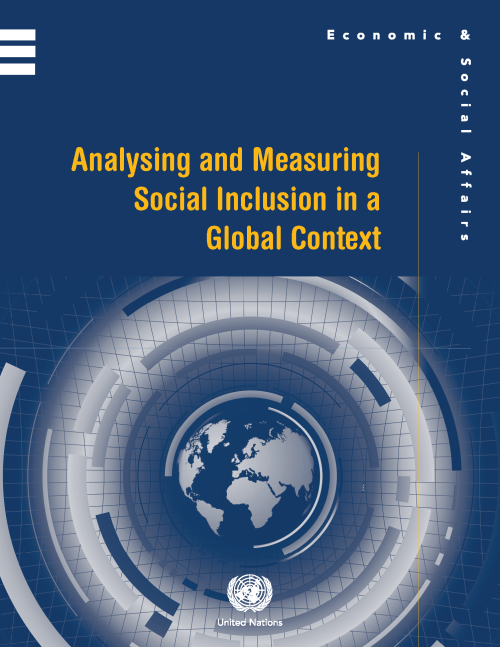
The objective of the study is to serve as a guiding framework for policymakers, researchers and practitioners interested in developing practical tools for evidence-based policymaking, impact assessment, monitoring and evaluation in the area of social inclusion. It provides guidance on how to develop tools, taking into consideration the historical, cultural and contextual backgrounds of one’s own society.
The study also builds on the work on social indicators that has already been undertaken by many people at local, national, regional and international levels. It is hoped that the study will help to inspire new ideas and to generate innovative…
In the 2010 MDG Gap Task Force Report, UN warns that the shortfalls in meeting agreed actions on combating poverty and raising life standards are jeopardizing the achievement of the Millennium Development Goals (MDGs)...
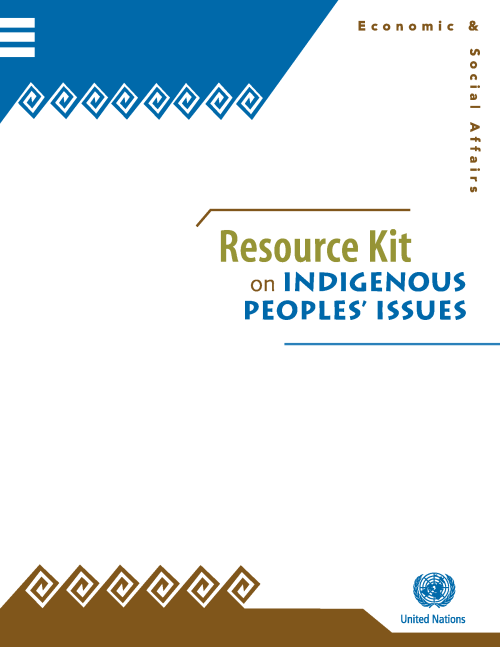
SPFII, in cooperation with ILO, UNICEF, UNDP, UNFPA and SCBD has published the Resource Kit on Indigenous Peoples Issues. The Kit is aimed UN Country Teams (UNCTs), and other development agents, providing them with guidance as to how to engage indigenous peoples and include their perspectives in development processes.
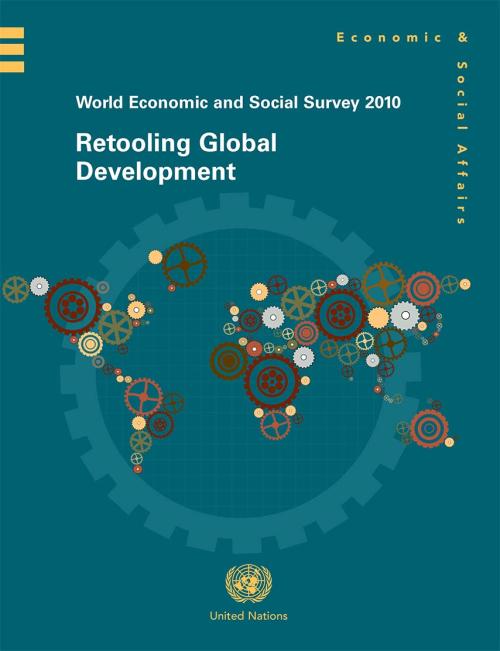
The financial fallout in the USA which rapidly turned into a global economic crisis underscored the interconnectedness of the global economy. The economic and financial crisis came on top of several other crises. Skyrocketing but highly volatile world food and energy prices evidenced a decades-long neglect of food agriculture and failure to rein in increasingly speculative energy markets. And the effects of climate change, which is already a clear and present danger whose consequences are being felt in many part of the world in the form of more frequent and severe droughts and excessive rainfall, are compounding other crises.
These multiple dramas have unfolded simultaneously and…
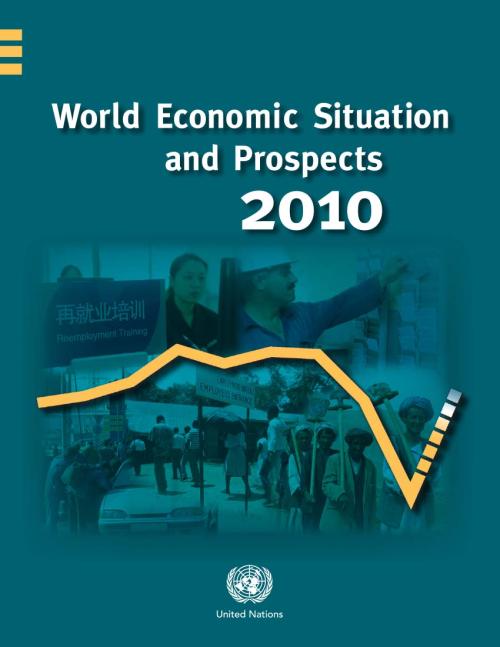
The world economy continued to improve in the first half of 2010, leading to a slight upward revision in the United Nations outlook for global growth. The pace of the recovery is too weak, however, to close the global output gap left by the crisis. The recovery is also uneven across countries. While growth prospects for some developing countries are encouraging, economic activity is lacklustre in developed economies and below potential elsewhere in the developing world.
Important weaknesses in the global economy remain. Despite the large amounts of liquidity injected into the financial system, credit growth remains feeble in major developed economies and the process of financial…
The world needs to reassess the notion of poverty and the means for its eradication, according to a new report published by DESA’s Division for Social Policy and Development. The Report on the World Social Situation 2010 entitled “Rethinking Poverty” was critical of the current way that the international community identified and addressed poverty. The Report argued that “although the current monetary poverty-line approach...
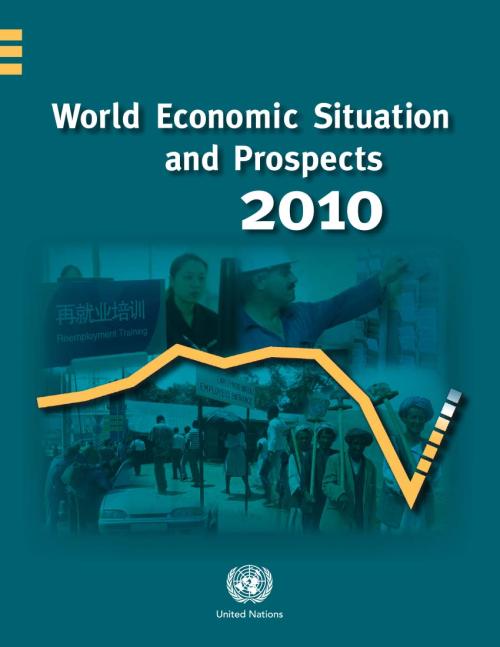
The world economy is on the mend. After a sharp, broad and synchronized global downturn in late 2008 and early 2009, an increasing number of countries have registered positive quarterly growth of gross domestic product (GDP), along with a notable recovery in international trade and global industrial production. World equity markets have also rebounded and risk premiums on borrowing have fallen.
The recovery is uneven and conditions for sustained growth remain fragile. Credit conditions are still tight in major developed economies, where many major financial institutions need to continue the process of deleveraging and cleansing their balance-sheets. The rebound in domestic demand…
There are over 370 million indigenous people in some 90 countries, living in all regions of the world. The situation of indigenous peoples in many parts of the world is critical today. Poverty rates are significantly higher among indigenous peoples compared to other groups. While they constitute 5 per cent of the world's population, they are 15 per cent of the world's poor. Most indicators of well-being show that indigenous peoples suffer disproportinately.
The present report recognizes that further progress has been made towards fulfilling the promises embodied in Millennium Development Goal 8 (MDG 8). At the same time, it identifies important setbacks, most of which have arisen from the current state of the world economy which is suffering its severest downturn since the Great Depression of the 1930s. Some donor countries are cutting their budgets for official development assistance (ODA); several developed and developing countries have resorted to protectionist measures; resurging debt distress is increasing the need for further and broader debt relief; the costs of essential medicines are on the rise; and the technological divide…
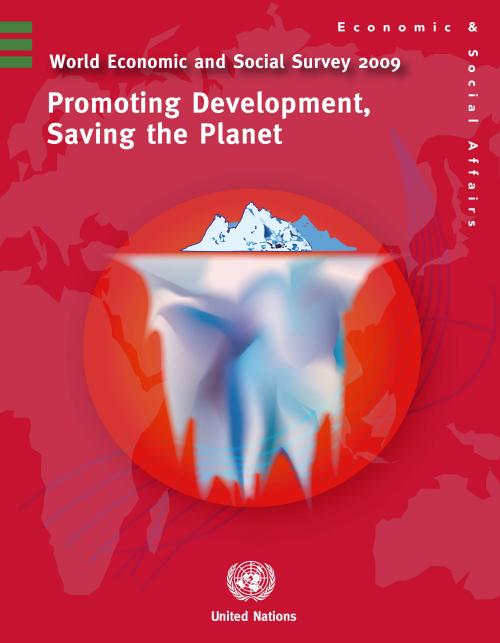
The central message of the World Economic and Social Survey 2009 is that addressing the climate challenge cannot be met through ad hoc and incremental actions. In the first place, it requires much stronger efforts by advanced countries to cut their emissions. The fact that in this regard more than a decade has been lost since the adoption of the Kyoto Protocol to the United Nations Framework Convention on Climate Change only adds urgency to those efforts. However, even if advanced countries begin to match their words with deeds, their efforts are, by themselves, unlikely to be sufficient to meet the climate challenge. The active participation of developing countries is now required and…
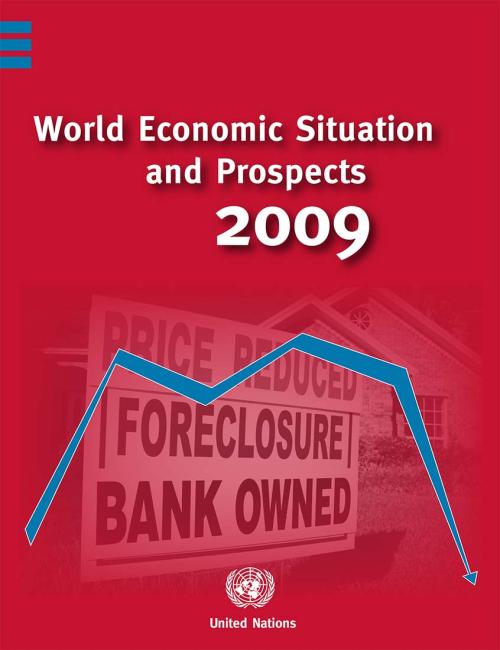
Faced with the worst recession since the Second World War, the United Nations baseline forecast for world economic growth has been revised downward compared with the pessimistic scenario of the World Economic Situation and Prospects 2009 published in January. The world economy is expected to shrink by 2.6 per cent in 2009, after an expansion of 2.1 per cent in 2008 and nearly 4 per cent per year during the period 2004-2007. While a mild recovery is expected in 2010, risks remain on the downside. Developing countries are disproportionately hard hit by the crisis.
The global policy response has been unprecedented, including monetary, financial and fiscal measures to stabilize…
 Welcome to the United Nations
Welcome to the United Nations